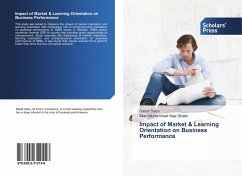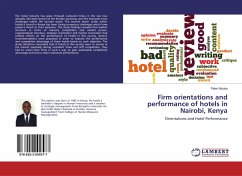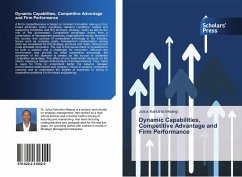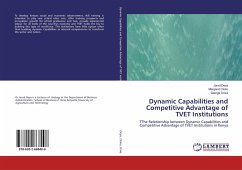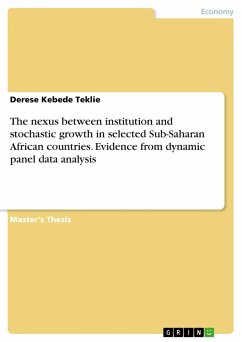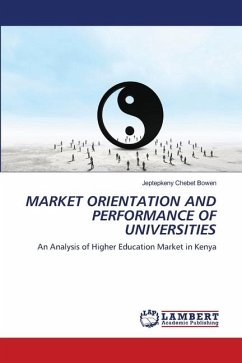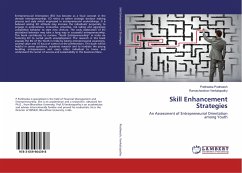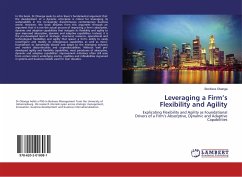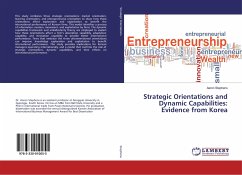
Strategic Orientations and Dynamic Capabilities: Evidence from Korea
Versandkostenfrei!
Versandfertig in 6-10 Tagen
37,99 €
inkl. MwSt.

PAYBACK Punkte
19 °P sammeln!
This study combines three strategic orientations: market orientation, learning orientation, and entrepreneurial orientation to show how these orientations affect exploration and exploitation to benefit the international performance of Korean firms. This model identifies a process of information creation, movement, and exploitation by firms. The dynamic capabilities framework and ambidexterity theory are employed to explain how these orientations affect a firm's absorption capability, adaptation capability, and innovation capability to provide better international performance. Firms that embrac...
This study combines three strategic orientations: market orientation, learning orientation, and entrepreneurial orientation to show how these orientations affect exploration and exploitation to benefit the international performance of Korean firms. This model identifies a process of information creation, movement, and exploitation by firms. The dynamic capabilities framework and ambidexterity theory are employed to explain how these orientations affect a firm's absorption capability, adaptation capability, and innovation capability to provide better international performance. Firms that embrace the three aforementioned orientations can improve knowledge exploration and exploitation to benefit international performance. This study provides implications for Korean managers operating internationally, and a model that confirms the role of strategic orientations, dynamic capabilities, and their effects on international performance.



